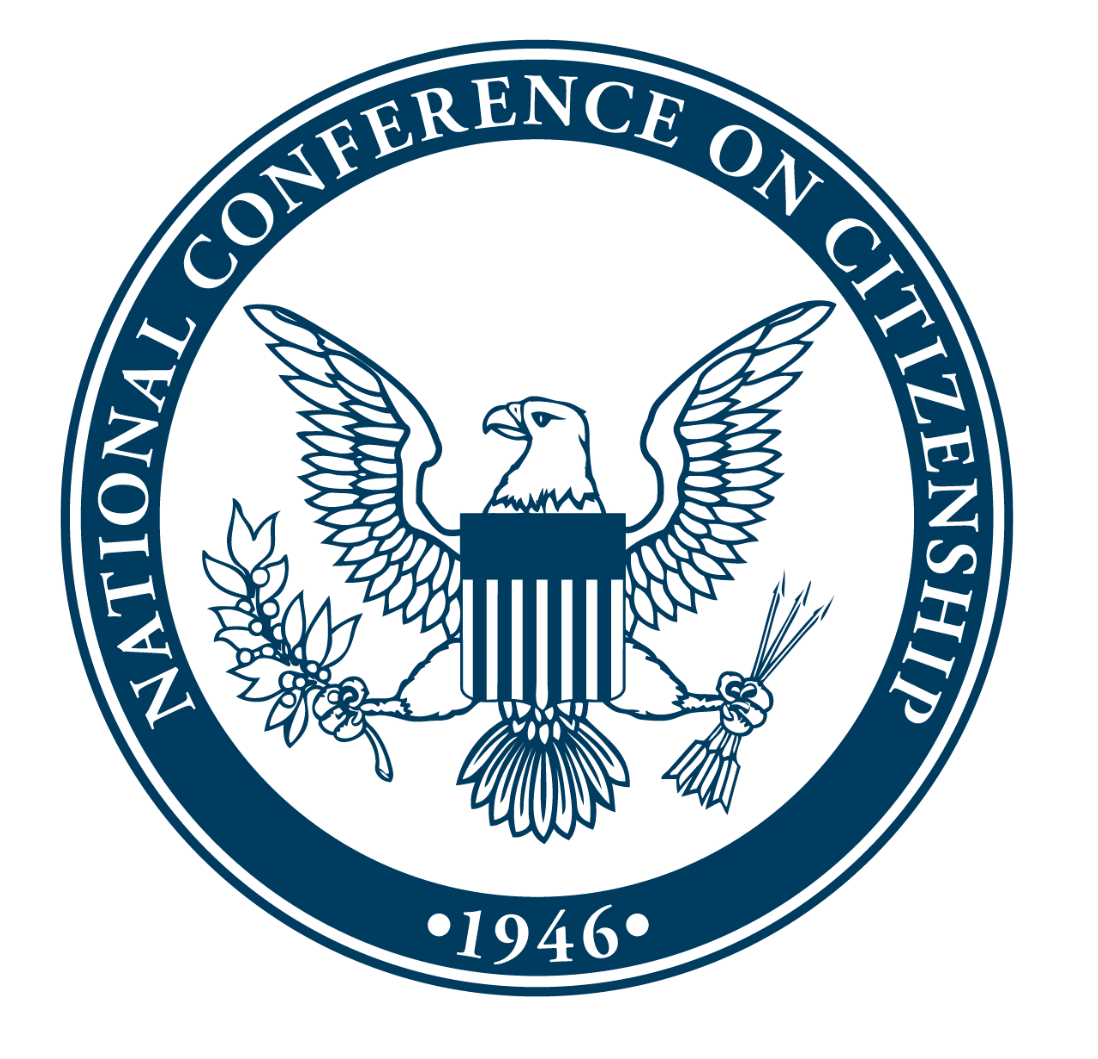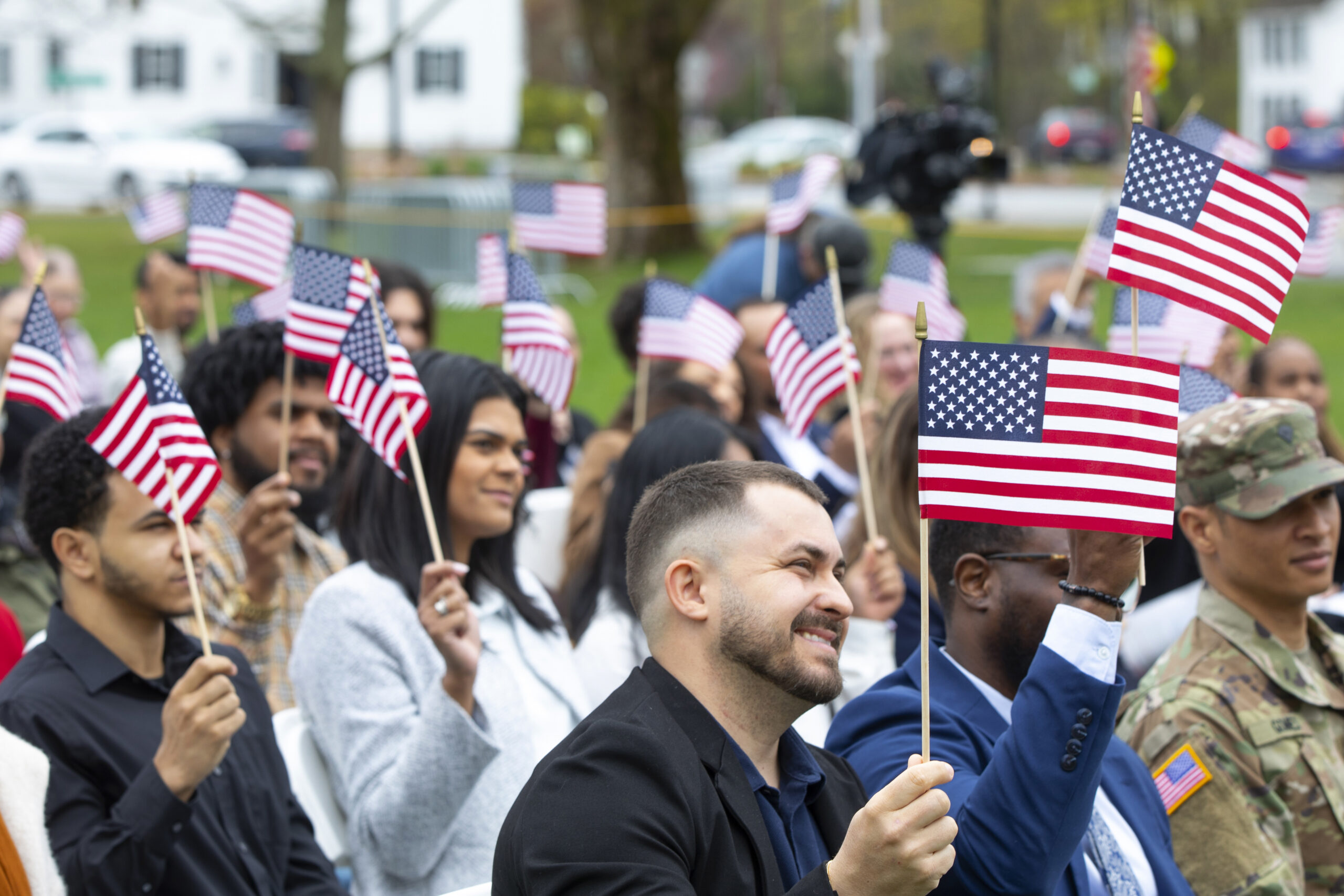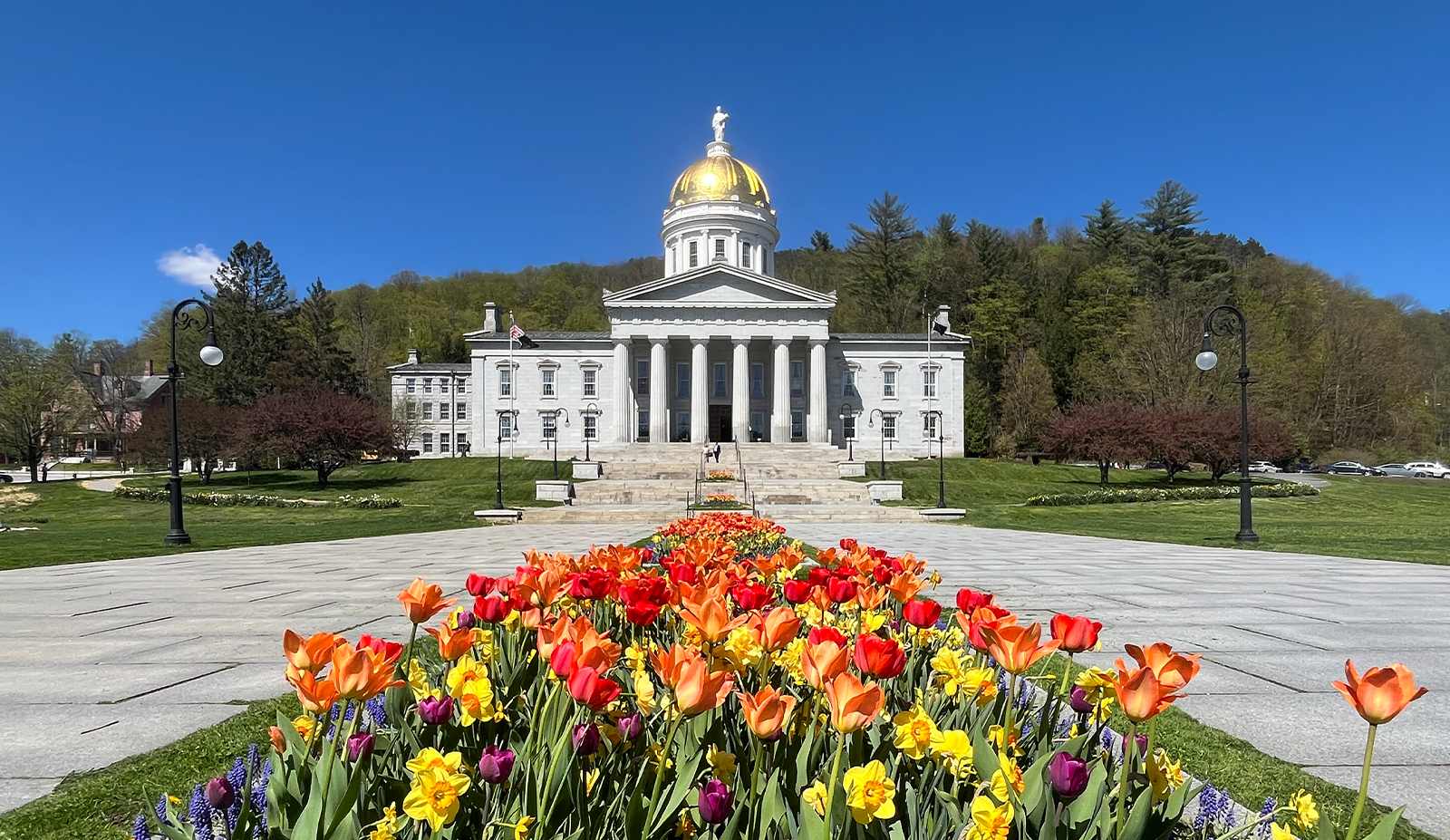Spartanburg, SC – The University of South Carolina Upstate and the National Conference on Citizenship released the 2014 South Carolina Civic Health Index. The report reveals how residents in South Carolina engage in important civic activities such as voting, volunteering, and interacting with neighbors. This type of engagement is critical because it is linked to the economic and personal health of individuals and the strength of our democracy. Overall, the report finds South Carolina’s civic health to be stable, but with key areas of weakness in political participation and civic social connections.
Click here to download the full 2014 South Carolina Civic Health Index
“South Carolinians are some of the most active voters in the country,” said Abraham Goldberg, the report’s author and a professor at University of South Carolina Upstate. “But, voting is only one small piece of our civic life and our state has some work to do. This report shows that too many of us aren’t likely to stay politically engaged after leaving the voting booth and that too many of us are disconnected from our communities and each other.”
Compared to the 50 states and the District of Columbia, South Carolina ranked among the highest communities for traditional forms of political involvement such as voter registration (13th), voting in the 2010 mid-term elections (14th ), voting in the 2012 presidential election (19th). However they ranked near the bottom for other forms of political action such as boycotting products (46th ) and contacting public officials (48th ). The state also ranked in the bottom half of all states when it came to key social strength indicators such as exchanging favors with neighbors frequently (30th ), having trust in neighbors (38th) and attending public meetings about town or school affairs (44th ).
“This report is one example of how USC Upstate, through the Metropolitan Studies Institute and numerous other venues, achieves our metropolitan mission of engaging with communities across South Carolina, said University of South Carolina Upstate Chancellor Tom Moore. “The South Carolina Civic Health Index and its recommendations can serve as a call to action to increase political and community engagement, educational attainment, and civic involvement that will improve the quality of life for all South Carolinians.”
The report also reveals a strong correlation between educational attainment and almost every measure of political participation and civic involvement analyzed in the Civic Health Index.For example, at a 5 to 1 ratio, college graduates were more likely to contact public officials than those without a high school diploma. Additionally, over 43% of college graduates frequently discuss politics with friends and family, while only 16.3% without a high school diploma do so.
“University of South Carolina Upstate is doing critical work by starting a conversation to strengthen civic life South Carolina,” said Ilir Zherka, executive director of the National Conference on Citizenship. “While this report reveals clear challenges to South Carolina’s civic health, especially around younger and less educated residents, South Carolinians have a strong civic foundation and the skills to tackle these challenges.”
The report data was obtained primarily from the 2012 U.S. Census Bureau Current Population Survey on Voting, Volunteering and Civic Engagement. Following are additional key findings from the report:
Over 40% of South Carolinians participate in at least one type of organization and almost 10% hold leadership roles as an officer or committee member. The state ranked 22nd for group membership and 37th in leadership rate.
South Carolinians rank 7th in the nation for church, synagogue, or mosque participation.
The report looked specifically at the civic health of residents 18 – 29 years old. South Carolina’s youth ranked 35th in discussing politics a few times a week or more, 40th in exchanging favors with neighbors frequently, and 45th in belonging to any group. However, young South Carolinians were active voters, ranking 6th for voter turnout in the 2012 presidential election.
“This report is an important first step in building on our civic strengths and addressing our challenges, especially in developing broader political engagement and social connectivity,” said Abraham Goldberg. “We will continue the work started today by disseminating these findings and activating partner organizations across the state to improve civic life in South Carolina. Maintaining strong civic health is vital to sustaining our state’s prosperity and individual well-being.”
The report also includes suggestions for reshaping South Carolina’s civic health. Specifically: 1) Develop urban areas that bring people together and stimulate neighborhood engagement; 2) Foster a culture that values educational attainment; 3) Reach out to willing religious institutions to invite people to participate in nonpartisan political activity and broader community involvement; and, 4) State leaders should consider assembling and empowering a “South Carolina Commission on Youth Civic Engagement.”



